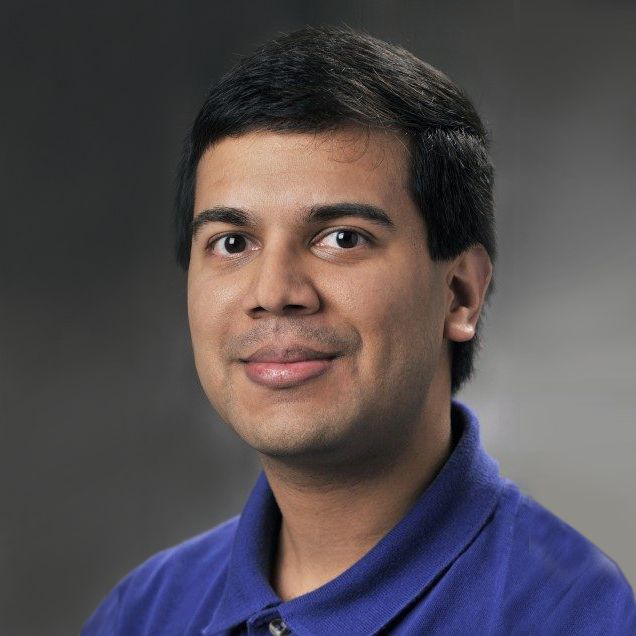How does cryptographic research inform public policy?
BY GINA MANTICA
Imagine there exists a digital dollar with all the privacy benefits of physical cash, but is recognized and regulated by the federal government unlike Bitcoin or other cryptocurrencies. This is one of many proposed policies that researchers in Boston University’s Center for Reliable Information Systems and Cyber Security (RISCS) are helping to make a reality.
RISCS researchers contributed feedback to two bills introduced into Congress recently. One, the Electronic Currency And Secure Hardware (ECASH) Act, would enable the Treasury to develop and pilot electronic money that replicates the privacy-preserving features of physical cash. The other, the Secure Research Data Network Act, would create a free, secure, open-source platform to share data between different government agencies and approved government researchers without compromising Americans’ privacy.
We asked Mayank Varia, Co-Director of RISCS and Associate Professor in the Faculty of Computing & Data Sciences, about working at the intersection of cybersecurity and the law and how research impacts public policies.

What got you interested in cryptography?
Varia: I liked math as a kid, and crypto [cryptography] is the application of math to society. I think of crypto as a social science that happens to use math as a tool to address social problems as they exist in the digital world.
What is an example of cryptography informing technology and public policy?
Varia: I helped with the development of Callisto, a software for college campuses for their reporting of instances of sexual assault under Title IX allegations. The goal was to create a new system for people who are not yet ready to come forward to report the name of perpetrators. We don’t know who people are naming as the perpetrators but if two or more people name the same perpetrator, then it becomes available to a lawyer who can connect with the people, make them aware of this match, and decide what to do.
How did you get started in policy making?
Varia: Conversations with the Cyber Alliance helped me think about codifying social challenges as a matter of law. The Cyber Alliance started as a brown bag lunch series in 2016 to have conversations about the intersection of technology, law, and privacy. Other faculty members helped me think about what the government should or should not be doing, and how they can better provide social services to people using the data that they have, consistent with preserving individual privacy.
What is your involvement in the ECASH and Secure Research Data Network Acts?
Varia: The Secure Research Data Network Act one-pager mentions our prior work in multiparty computation (MPC) with the Boston Women’s Workforce Council (BWWC). There are data sets that the federal government has that they don’t make available to academic researchers while creating some gatekeeping. MPC lets us expand access to more research groups without sacrificing privacy concerns.
The ECASH Act was initiated by Massachusetts congressional delegates, and proposes using cryptography to help build an electronic version of money that works more like cash and less like credit cards, enabling the government to do anti-money laundering queries.
What do you hope to accomplish working with the legislature?
Varia: I hope to advance technologies that enable people to work together and do things in joint interest, but keep their data separate. Companies can provide services to people without requiring that they take all an individual’s data. I am helping staffers on Capitol Hill to understand these technologies and find places where they can and should be used more.
Evidence-based decision-making around privacy-preserving technologies could enable effective change in the government. Policies around privacy and security impact individuals’ daily lives, and may be less biased when they are backed by academic research with no vested or commercial interests in the outcomes. “I hope to showcase the value of the technologies we are building and advocate for their use,” said Varia.
